“All Static and Noise,” a documentary exposing the persecution of the Uyghur people by the Chinese government, is being screened in partnership with Amnesty International. One of its protagonists, Jewher Ilham, answered several questions from Brigitte Looß of Amnesty International about the film and her personal journey.
Brigitte Looß: What is the meaning of the film’s title All Static and Noise?
Jewher Ilham: The film’s title refers to a 2017 speech by the Party Secretary of Xinjiang University. In that speech, he described all opposition to the Chinese government’s policies as “static and noise” and said it had to be eliminated. It’s a euphemism the Chinese government uses for its campaign against the Uyghur people.
So the film can’t be shown in China?
In 2020, a censorship directive leaked from central Party authorities to state media, ordering that the then-unfinished documentary be blocked in China:
“Please take note of the following illegal videos and block them: the Tibet-related documentary A Fugitive for 60 Years: the Dalai Lama’s Old Age, the Xinjiang documentary Static and Noise, and the Hong Kong documentary City of Tears.”
How did you come to work with the film team? Why were you chosen for the film?
The film’s producer, Janice Engelhart, approached me. She had originally begun this project with a focus on 1989 and the human rights violations of that time. Janice lived in China from 2009 to 2019 and noticed that the government was targeting the families of people who advocated for freedom and justice. That is especially cruel. People who speak up for rights choose to take that risk and may end up in prison—but their relatives didn’t make that choice, and yet they are still constantly harassed. That’s how she found me in 2018—because I’m a family member of someone persecuted by the Chinese government.
What was it like for you to suddenly become part of a film project? Until then, you had mostly lived in fear for your father, the economist Ilham Tohti, who has been imprisoned since 2014.
Until the end of 2018, I focused exclusively on advocating for my father’s release. But after joining the film project, I began learning more about the disappearances of so many Uyghurs. I realized this wasn’t just about my family anymore—it was about hundreds of thousands of Uyghur families. I wanted to do everything in my power to speak on behalf of all Uyghurs and to help free those who are detained.
At the beginning of my advocacy, I was afraid that speaking about general Uyghur human rights issues would seem too political. So I mostly spoke as my father’s daughter. But once I began working on this film, I started speaking not just as a daughter, but as a Uyghur individual—committed to the freedom of all Uyghurs.
So you’ve become more political?
I’m not sure if the audience notices this, but at the beginning of the film, I still referred to the region as “Xinjiang.” Until 2019, most Uyghurs used the name “Xinjiang,” as it is the official term in Chinese. But after working on the film, that changed—I wanted to be more transparent. Through my personal work with the Worker Rights Consortium, I also interviewed many Uyghurs who had been imprisoned and subjected to forced labor. After talking to all those people, I no longer felt comfortable calling the region “Xinjiang”—a very colonial term. It literally means “new territory” in Chinese. Now, I call it the Uyghur region.
Many in the Uyghur diaspora prefer the historical name “East Turkistan.” But it will take time for that name to be widely used again, as the Chinese government has heavily politicized it. In China, using it is seen as incitement to separatism, violence, or extremism. My father was sentenced to life in prison on separatism charges. So I still hesitate to use that name publicly—it could be used by the government as so-called evidence against my father or my family.
Do you think other Uyghurs have become more political over the years?
Definitely. I’m sure many Uyghurs never wanted to get involved in politics. They just wanted to live their lives, enjoy a bowl of soup at home, study, earn a living, or dance at family gatherings. Most people just want to do the things they love and live a normal life. But now they are being forced to have a political stance. They’re forced to learn about politics. They’re forced to speak out, to advocate, to become activists.
And why?
Because we all want our families to be free.


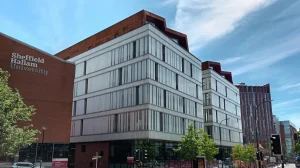
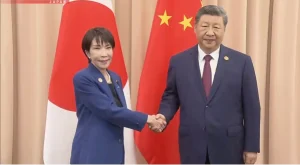
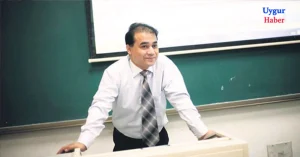
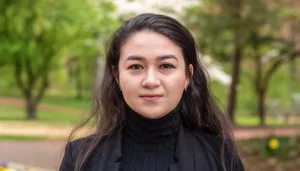
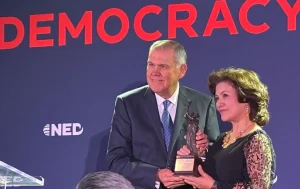
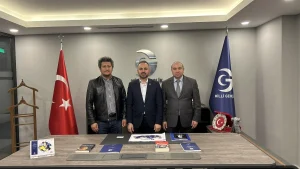
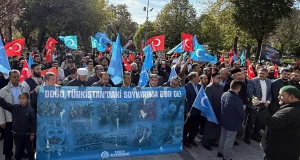
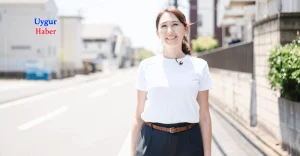
Be First to Comment